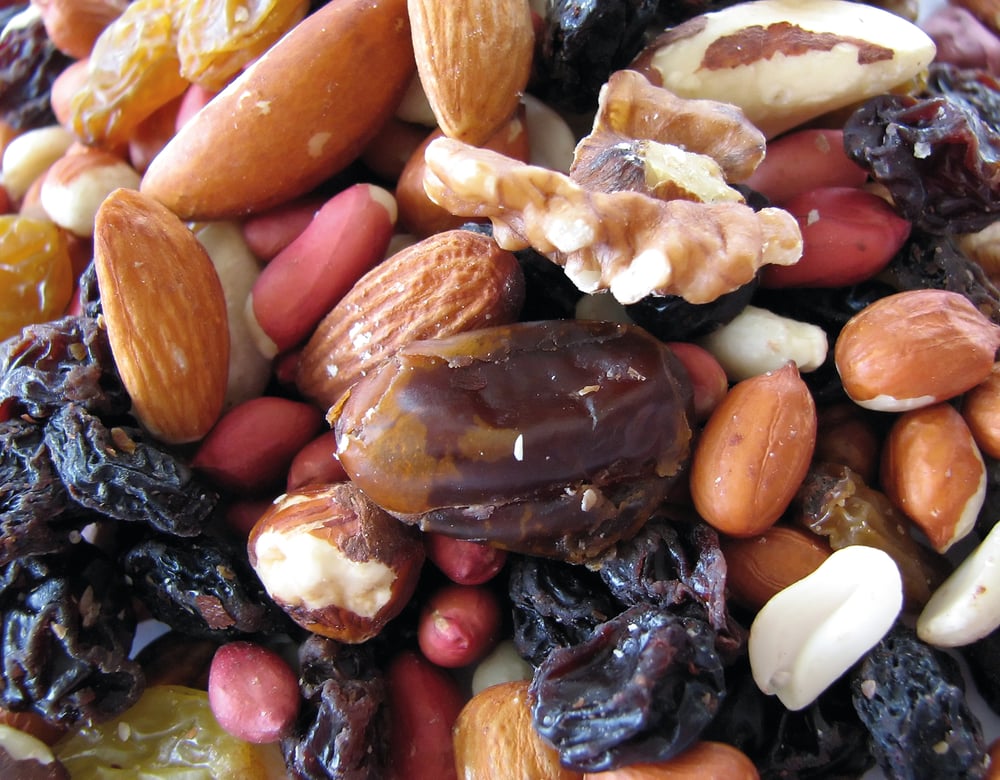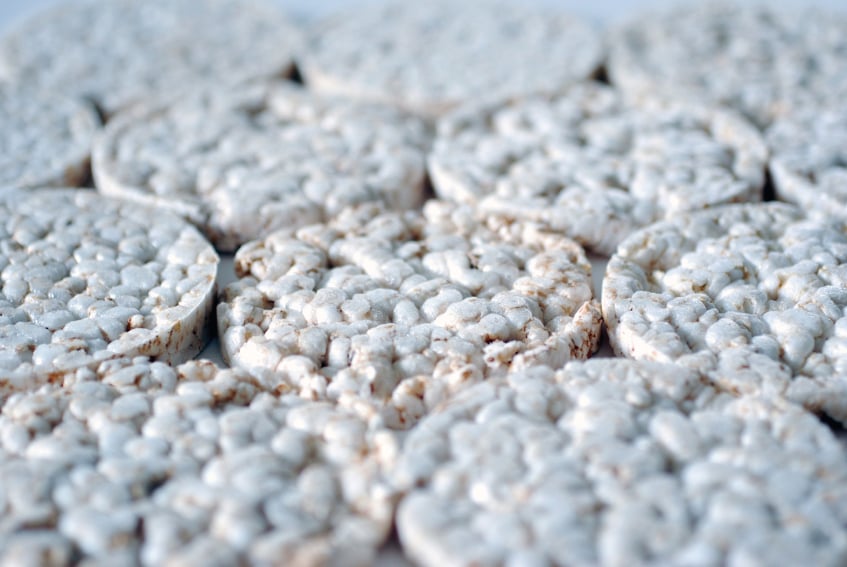
Issue 058
January 2010
The words “have a snack” will have entirely different meanings for different people. For some it might be a bar of candy, a bag of chips and a soda; for others, oatcakes with cottage cheese and avocado. Clearly both can be described as a snack, but it’s even clearer that the first example would be a poor choice for a fighter in training.
For a fighter, careful snacking makes sense. Appropriate food choices can provide the energy needed to fuel intense training sessions, as well as protein to help the body repair. Another advantage of careful snacking is that small regular meals throughout the day help to keep the metabolism ticking over. Think of it as constantly putting kindling on a fire. Many people that desperately try to avoid snacks throughout the day end up overeating in the evening – healthy snacking helps to reduce the chances of this happening.
It is vital to differentiate between careful and careless snacking. The latter tends to lead to unwanted fat storage, which would make a fighter slower and less powerful. Choosing sugary foods as snacks creates fluctuations in blood sugar levels, resulting in insulin release, fat storage and more snacking. When eating sugary food, it’s common to feel hungry again 30–60 minutes later – this is simply a fluctuation in blood sugar levels.
SNACKING CHOICES
When choosing snacks try to pick foods that provide a balance of complex carbohydrates and protein. This will provide you with a slow-releasing source of energy and a constant supply of protein for your muscles.

Examples include:
- Oatcakes with cottage cheese (and avocado)
- Fruit and a handful of mixed nuts
- Whole-wheat toast with low fat cream cheese
- Rice cakes with hummus.
Unhealthy snacks to avoid would be the obvious convenience foods: Crisps, chocolate, doughnuts, sugary bars, etc. These are okay as a treat, but won’t add nutritional value to support your training.
Unfortunately, healthy snacks tend to take more preparation than the unhealthy ones. As a result people tend to just take the easiest option – which is generally unhealthy. One way to control snacking urges is to prepare some light snacks to eat during the day. That way, there is no need to raid the vending machine.
NO BREAKFAST SNACKING
Another common reason why people snack during the day is because they didn’t have breakfast, and have no food with them. The key to keeping hunger at bay is to maintain blood sugar levels; no breakfast and sugary snacks has the opposite effect.
If preparing food is the last thing on your mind or just isn’t feasible, sports nutrition can provide an alternative to healthy snacks. A high-quality protein bar provides a low-glycemic source of carbohydrate and protein. Alternatively, carbohydrate from fruit or rice cakes is fairly easy to obtain, but protein is harder. A ready-to-drink protein shake can also complement a healthy carbohydrate source such as fruit.
Fighters need energy, and need to recover from intense training sessions. Healthy snacking can help in a number of different ways.
ASK THE EXPERT Q&A
Q. I’m thinking of going vegetarian, but am worried I won’t be able to get enough protein. What can I do?
A. Sensible protein recommendations for a fighter are around two grams of protein per kilogram of bodyweight. You can use sources like soya and tofu. Many sporting vegetarians use protein supplements, which have two main benefits: Providing a convenient source of quality protein and making up for amino acid deficiencies that can occur as a result of a vegetarian diet.
Q. I keep hearing about oils and omega acids. What kind should I take?
A. There is increasing research about the benefits of essential fat; from fat burning to concentration and anti-inflammatory properties to general health. Look for a supplement that is higher in Omega 3 (as it’s harder to get from food) and expect to see EPA and DHA listed on the label.
...










